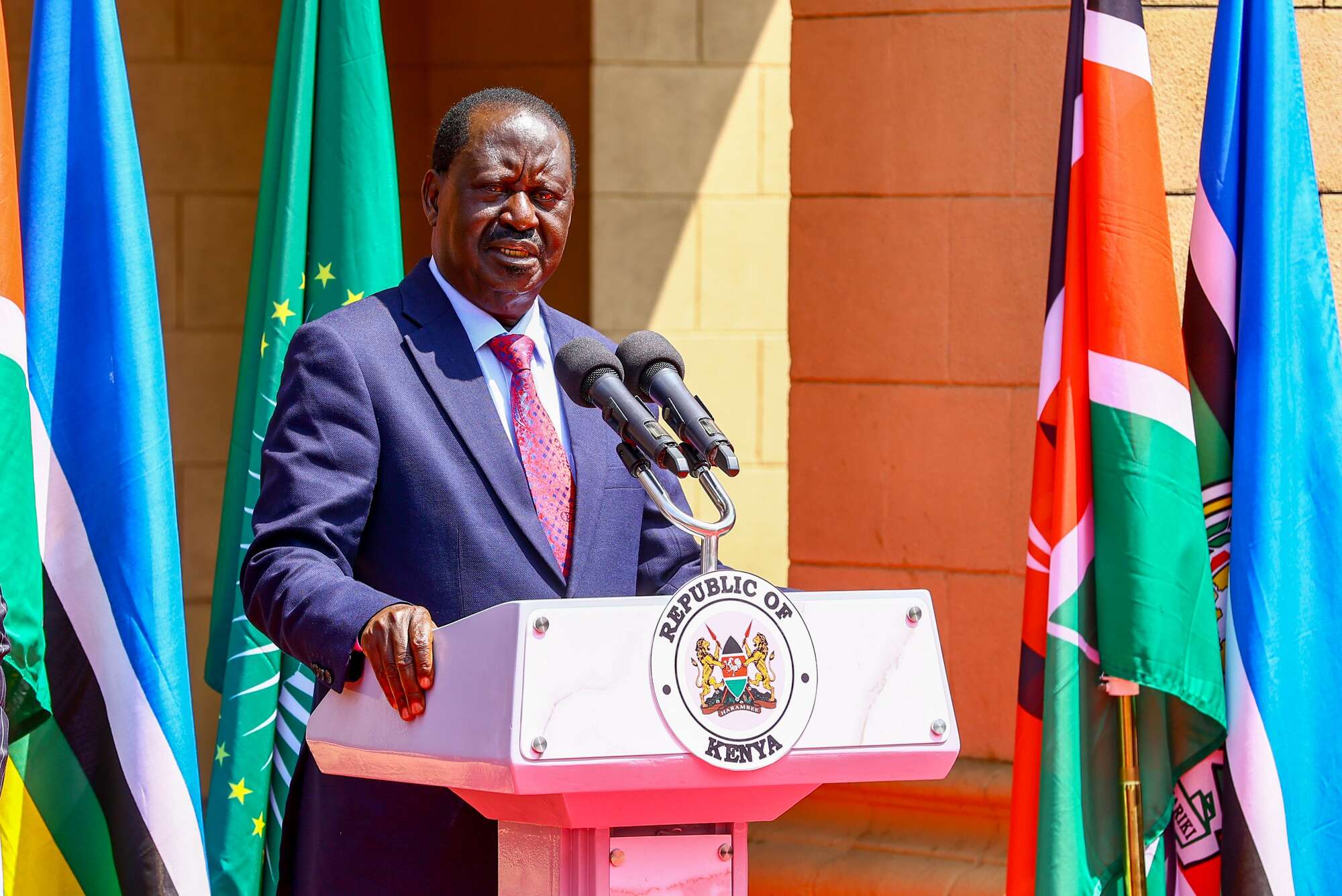
AUC job race is an all-male competition
By 2025, no woman is running for the chair of the AU Commission.
Since there is only one male candidate on the final shortlist that will be presented to a panel of experts for vetting, a female from Northern Africa will serve as the next deputy chairperson.
The candidates are Richard James Randriamandrato, a former foreign minister of Madagascar who was fired in October 2022 for supporting a UN resolution denouncing Russia’s invasion of Ukraine, former prime minister of Kenya Raila Odinga, former foreign ministers of Djibouti and Mauritius, and Anil Kumarsingh Gayan. At the time, Madagascar said he had broken their policy of neutrality.
A team comprising professor Paul Ngarambe of Burundi, diplomat Konjit SineGiorgis of Ethiopia, Ghanaian Patrick Hayford, and South African Nozipho Joyce Mxakato-Diseko will examine the list.
In order to determine each candidate’s suitability to lead the continental organization, they will question them about their vision for Africa. At the very least, one of those credentials is post-graduate.
With the implementation of the AU’s new rotational structure, only Eastern countries will be eligible to run for the Chairperson’s seat, with the North receiving the deputy position. The deputy and the chairperson cannot be the same gender.
Fawzia Adam, a former foreign minister of Somalia from the Eastern region, withdrew her expression of interest in the position.
The EastAfrican was informed by sources that Mogadishu declined to support her, believing that supporting another candidate would have more political clout. We asked Ms. Adam for a response, but she did not reply.
At first, Seychelles had supported Vincent Meriton, its former foreign minister, for the position. But for health reasons, he pulled out.
The position would only be open to candidates recommended by the AU’s Dean of the Diplomatic Corps’ Eastern Region. August 6 was the deadline.
The candidates will have to participate in a publicly broadcast debate to discuss their platforms after the commission has evaluated and approved them. The eligible AU member states will then cast a secret ballot in February 2025 to select their preferred nominee.
The Assembly of Heads of State and Government votes must be cast in favor of the clear winner with at least two thirds of the vote. If not, there are multiple rounds, with a simple majority awarded to the winner.
All Categories
Recent Posts
Tags
+13162306000
zoneyetu@yahoo.com



